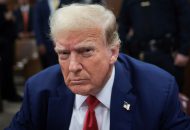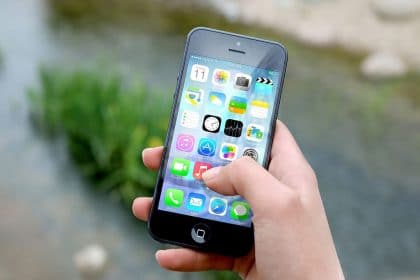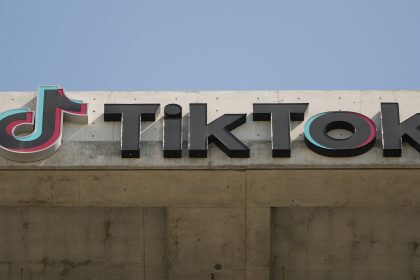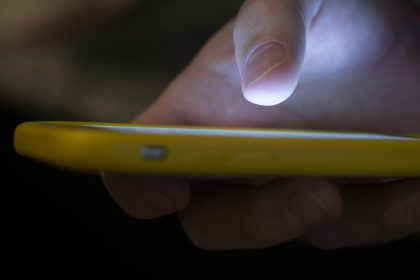FCC Reinstates Net Neutrality
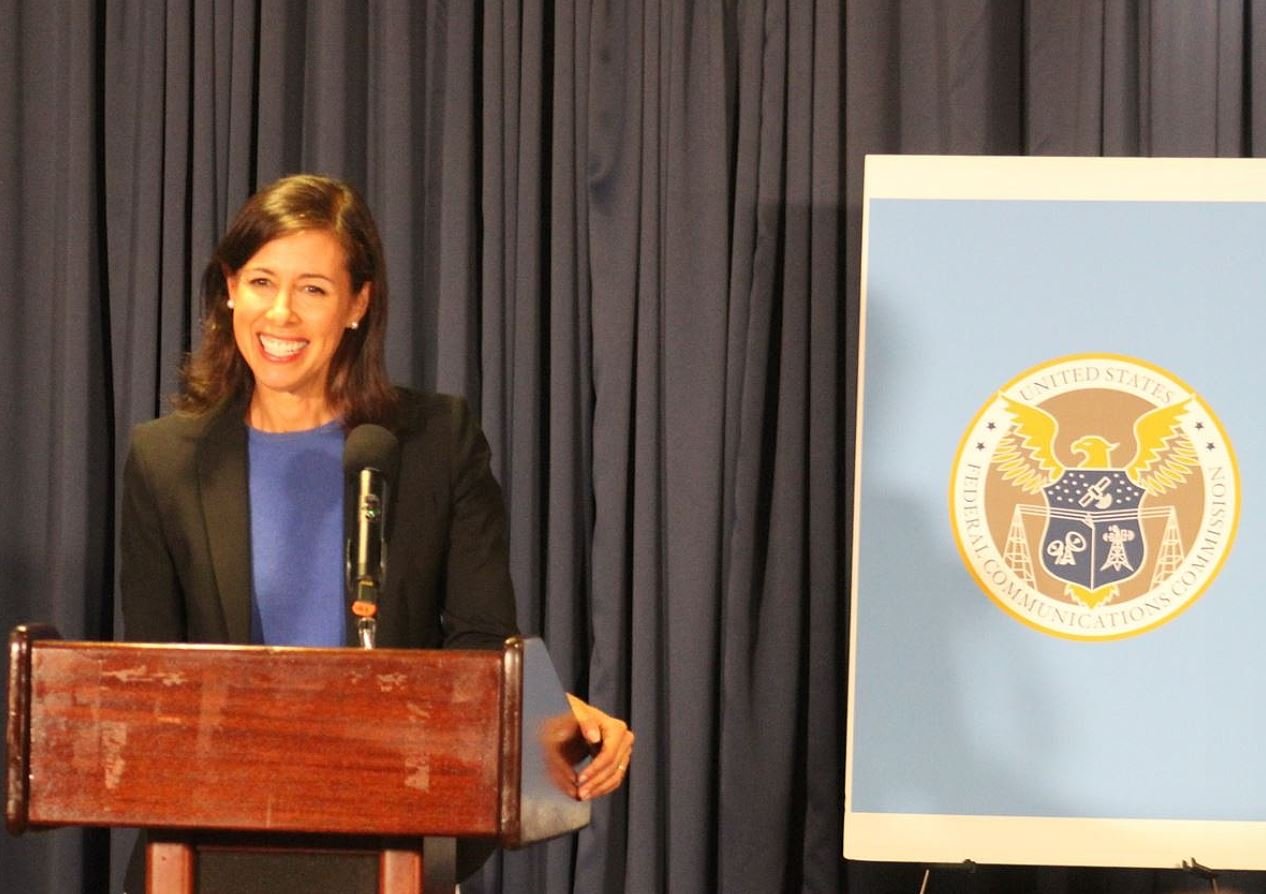
WASHINGTON — It’s back to the future for the nation’s internet service providers, as net neutrality makes a comeback thanks to a 3-2 vote Thursday by the Federal Communications Commission.
The “new” rules governing net neutrality are largely the same as those originally adopted by the FCC in 2015.
Now, as then, they classify companies like Comcast, AT&T and Verizon as common carriers, placing internet service on the same regulatory footing as phone service.
In practice that means they will be prohibited from blocking or throttling internet traffic in an effort to favor some of their customers over others.
Also like nine years ago, the impetus for the change is to give the FCC more regulatory control over how the commercial internet operates.
“Four years ago the pandemic changed life as we know it. We were told to stay home, hunker down and live online,” said FCC Chair Jessica Rosenworcel, ahead of the commission vote on Thursday.
The result, said Rosenworcel, who announced her intention to try and revise net neutrality at a news conference at the National Press Club last September, is that “much of work, school, and health care migrated to the internet.”
“If we wanted to engage with the world, we needed to do it all through a broadband connection,” she continued.
“It became clear that no matter who you are or where you live, you need broadband to have a fair shot at digital age success. It went from nice-to-have to need-to-have for everyone, everywhere. Broadband is now an essential service. Essential services — the ones we count on in every aspect of modern life — have some basic oversight,” Rosenworcel concluded.
In 2015, after 10 years of policymaking at the FCC, and multiple rounds of litigation, the agency effectively barred ISPs from blocking or slowing access to internet sites or creating paid “fast lanes” for preferred services.
Though widely applauded by consumer advocates, net neutrality quickly became a hot-button issue in the 2016 elections, and two years later, with Donald Trump in the White House and Republicans in the majority on the FCC board, it was overturned.
An appeals court largely upheld the Trump administration’s decision in October 2019.
In addition to restoring net neutrality, Rosenworcel has argued the FCC’s support for its revival would also rectify what she’s called “a flaw” in the Trump-era appellate court decision upholding the repeal of the old rule: the court’s order opened the door to states enacting their own rules, creating a “patchwork” of net neutrality regulations.
“When you are dealing with the most essential infrastructure in the digital age, we benefit from having a national policy,” she said.
In a press release distributed immediately after the vote on Thursday, the FCC said its commissioners had restored its “fundamental authority” to provide oversight over broadband service providers.
Under the rule, ISPs will again be prohibited from blocking, throttling, or engaging in paid prioritization of lawful content.
In addition, the commission will have the ability to revoke the authorizations of foreign-owned entities who pose a threat to national security to operate broadband networks in the United States.
The commission has previously exercised this authority under section 214 of the Communications Act to revoke the operating authorities of four Chinese state-owned carriers to provide voice services in the United States.
The new rules also enable the FCC to more closely monitor and address future internet service outages.
Among those critical of the revival of net neutrality was Jonathan Spalter, president and CEO of USTelecom, a trade organization representing telecommunications-related businesses in the United States.
“These 400-plus pages of relentless regulation are proof positive that old orthodoxies die hard — even when the cost is failing to achieve internet for all,” Spalter said in a written statement.
“Our nation has a stark choice: Do we move forward together and connect everyone or dial it all back?” he continued. “Just two and a half short years ago we stood together for universal connectivity. Title II does nothing to advance that shared objective. In fact, it undermines it. And for what?
“This is a nonissue for broadband consumers, who have enjoyed an open internet for decades. Rather than pushing this harmful regulatory land grab, policymakers should keep their eyes on the real-world prize of building opportunity for everyone in a hyperconnected world,” Spalter said.
Also criticizing the FCC’s decision was Meredith Attwell Baker, president and CEO of CTIA, which represents companies in the wireless communications industry.
“Consumers demand an open internet, and the wireless industry has delivered a world-leading consumer experience that is fast, open, and fair,” Baker said in a statement. “The FCC’s decision to turn back the clock and reimpose utility-style regulations threatens to undermine this achievement, disincentivizing investment, inhibiting competition and diverting resources from critical efforts that would advance connectivity, such as creating a spectrum pipeline, that will help ensure all Americans benefit from wireless innovation and the competition that the wireless industry brings.
“Today’s action exceeds the FCC’s congressional authority, and we expect the courts will reject this effort by the agency to grant itself unprecedented power over such a critical part of our economy,” she continued, adding that “the wireless industry continues to urge Congress to establish permanent, bipartisan rules that secure the open internet while encouraging free market competition, innovation and investment.”
And there were those on the commission itself who believe reviving net neutrality is a step too far.
Appearing on Fox Business, FCC Commissioner Brendan Carr, a Republican appointee, called the move a “power grab, plain and simple.”
“My concern is that there’s no reason for the government to go down this path of granting itself more powers to second guess all the decisions about the internet functions,” Carr continued. “So my worry is that it’s a power grab without any need or justification, and it’s very difficult to predict the harms that could ultimately flow from that.”
Dan can be reached at [email protected] and at https://twitter.com/DanMcCue









